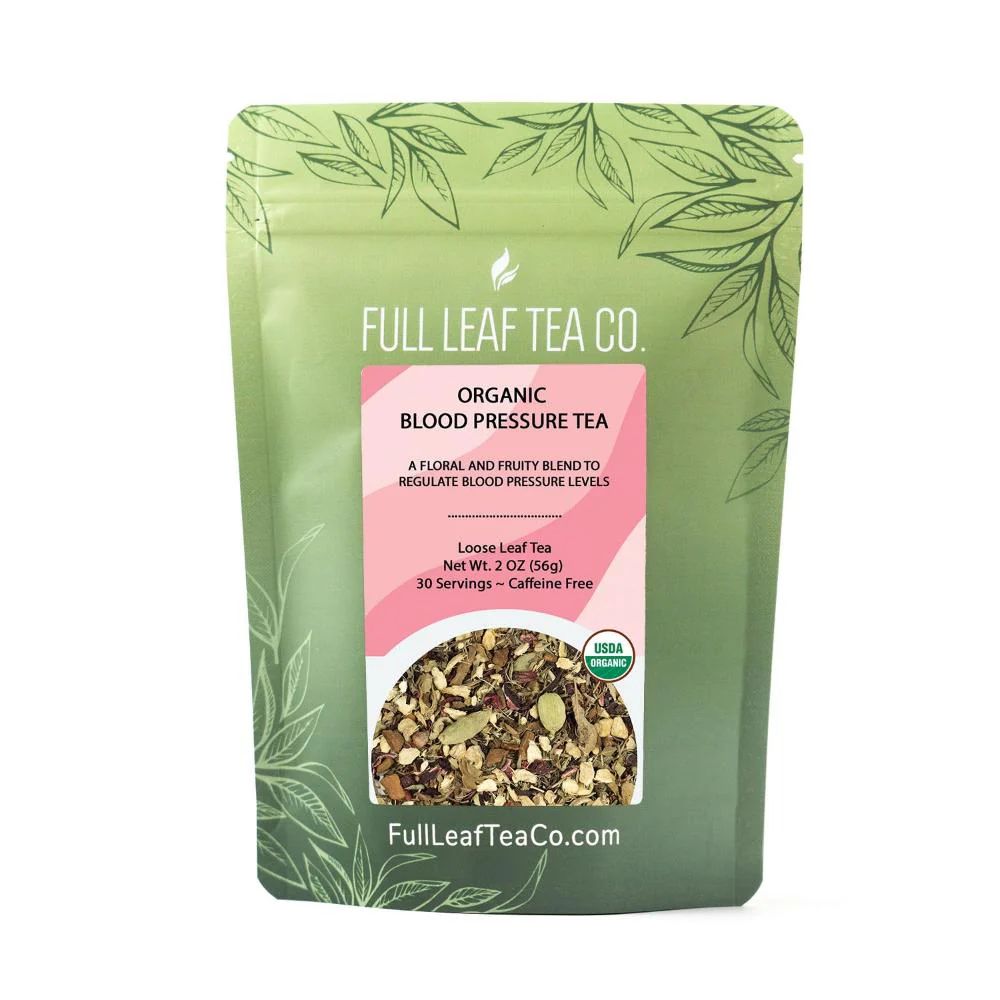
For years, Thursday nights were sacred for John and Margaret Turner. The couple, now in their early 70s, had a standing date at their local community center’s ballroom dance night. But joint discomfort and mobility issues gradually forced them off the floor.
“Margaret had developed pain in her knees, and I had lower back stiffness that just wouldn’t quit,” John says. “Dancing became more of a memory than a hobby.”
Like many older adults, the Turners explored a mix of lifestyle changes—walking routines, stretching, and dietary adjustments. But one addition stood out: a simple herbal tea blend.
“It started with curiosity,” says Margaret. “We read about how ingredients like turmeric, ginger, and green tea could support joint comfort. So we gave it a try.”
Tea as a Complement, Not a Cure

The Turners began drinking a homemade anti-inflammatory tea blend once a day—usually in the morning. Within a few weeks, they reported mild but noticeable changes: less stiffness upon waking, improved flexibility, and greater ease during daily activities.
Encouraged, they added a second cup in the evenings.
“We didn’t expect a miracle,” John notes. “But the consistency seemed to help.”
Medical experts say this type of response is possible, though individual results can vary.
“Herbal compounds like curcumin in turmeric and polyphenols in green tea have demonstrated anti-inflammatory effects in clinical settings,” says Dr. Andrea Lin, a geriatric medicine specialist unaffiliated with the Turners’ case. “But it’s important to treat these as supportive—not standalone—approaches.”
What the Research Shows

Several ingredients commonly found in anti-inflammatory teas have shown promise in peer-reviewed studies:
* Turmeric (Curcumin):
Shown to reduce markers of inflammation and improve symptoms in patients with osteoarthritis, particularly when taken consistently over weeks or months.
* Ginger:
Associated with reduced muscle soreness and decreased joint pain in older adults. It may act on similar pathways as nonsteroidal anti-inflammatory drugs (NSAIDs), though more gently.
* Green Tea:
Rich in epigallocatechin gallate (EGCG), a powerful antioxidant that may help suppress inflammatory responses in cells and tissues.
These findings suggest that certain herbs and botanicals may serve as helpful adjuncts to a broader wellness plan.
Back on the Floor
Roughly two months after starting their tea routine—along with gentle stretching and increased hydration—the Turners resumed attending dance nights. While they’re no longer doing the fast-paced foxtrot, they say the weekly movement keeps them socially connected and physically active.
“Getting back into our rhythm—literally—has been a real gift,” Margaret says. “And if tea played even a small role in that, we’re grateful.”
The couple emphasizes that their experience is anecdotal and encourage others to speak with healthcare providers before adding any supplements or herbal regimens to their routine.
Buy NowReferences
1. Belcaro G, et al. (2010). *Efficacy and safety of Meriva®, a curcumin-phosphatidylcholine complex, during extended administration in osteoarthritis patients.* Altern Med Rev, 15(4), 337–344.
[PMID: 20834179]
2. Black CD, O’Connor PJ. (2010). *Acute effects of dietary ginger on muscle pain induced by eccentric exercise.* Phytother Res, 24(11), 1620–1626.
[PMID: 20043280]
3. Yang F, et al. (1998). *Green tea polyphenols block endotoxin-induced tumor necrosis factor-alpha production and lethality in a murine model.* J Nutr, 128(12), 2334–2340.
[PMID: 9868200]
